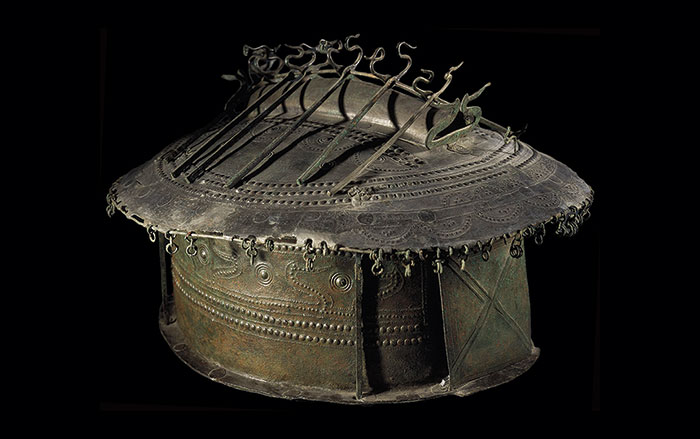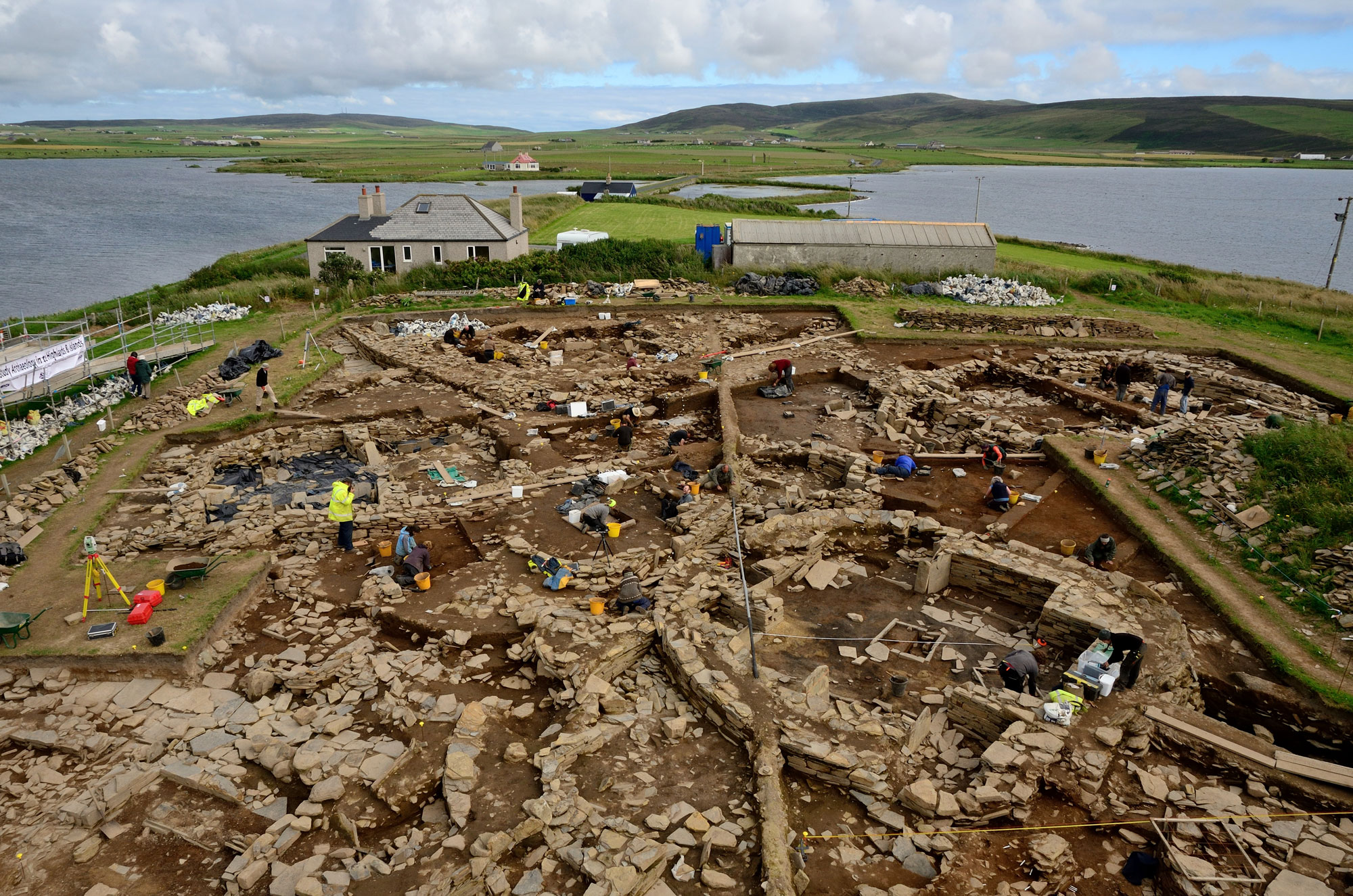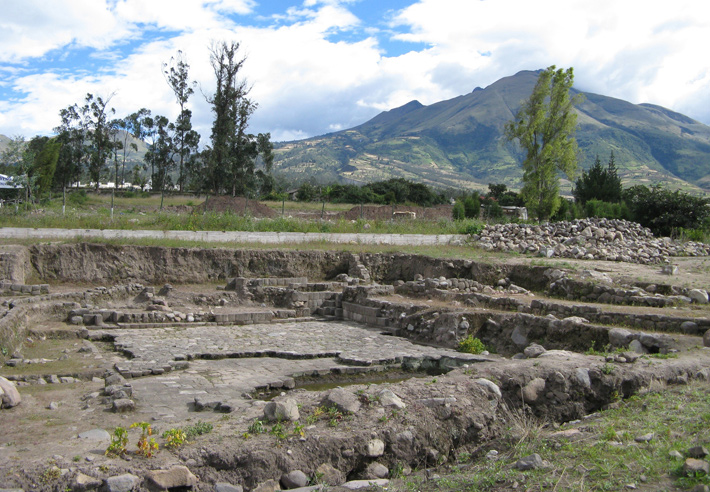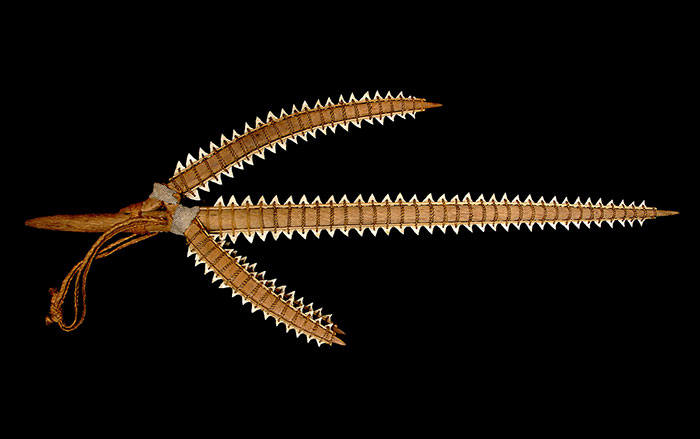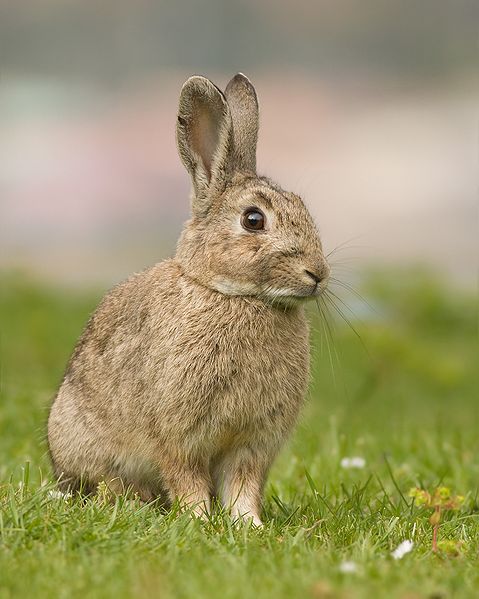
LONDON, ENGLAND—A new study led by biologist John Fa of the Durrell Wildlife Conservation Trust and Imperial College, London, suggests that although Neanderthals were expert hunters of large mammals, they may have been too specialized to switch to hunting smaller, faster game such as rabbits when the numbers of large animals dwindled. The team examined food remains from Neanderthal and modern-human sites in Spain, Portugal, and southern France. “We show in our study that [modern humans] used rabbits extensively, but Neanderthals didn’t,” he said. Fa speculates that among modern-human groups, women and children may have specialized in hunting rabbits with help from dogs.





